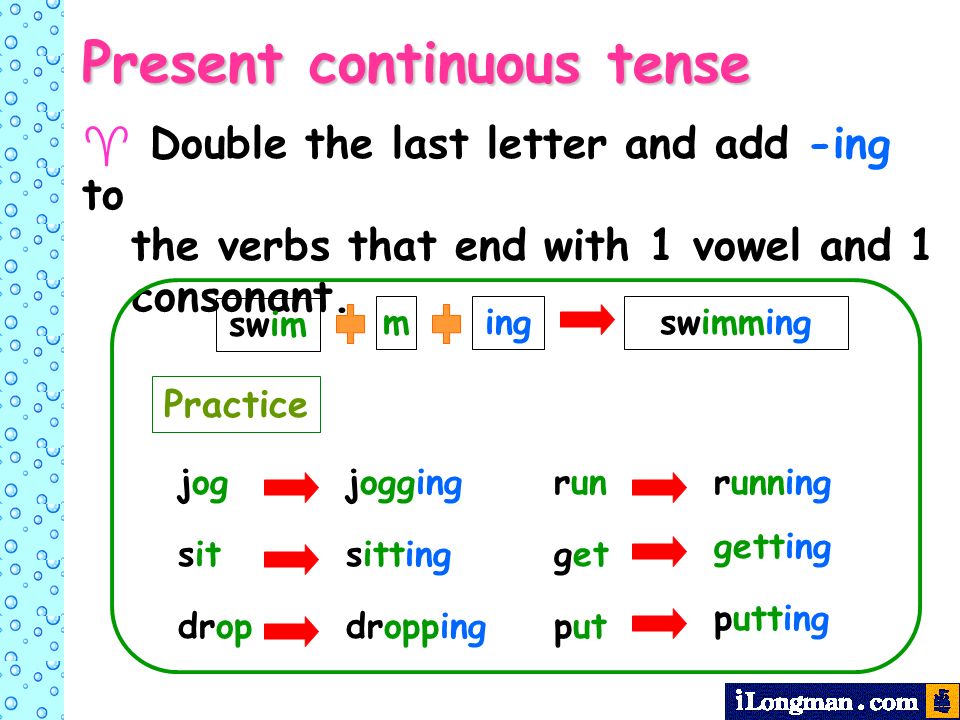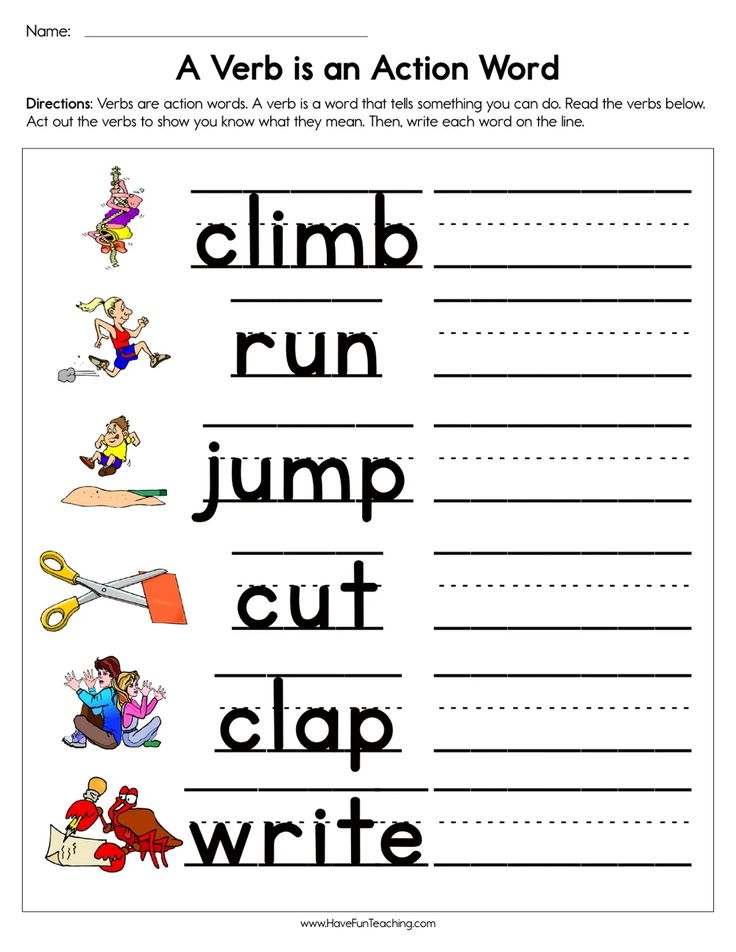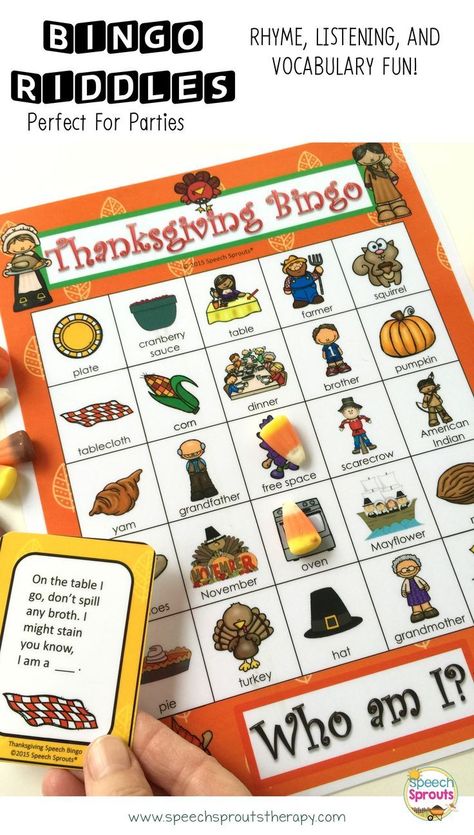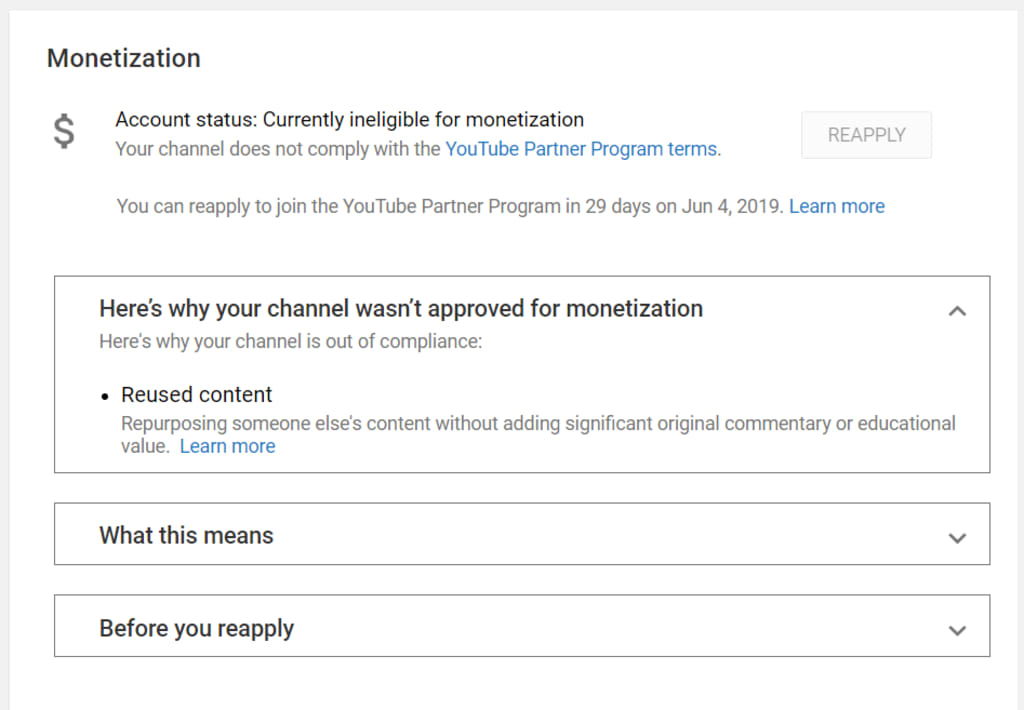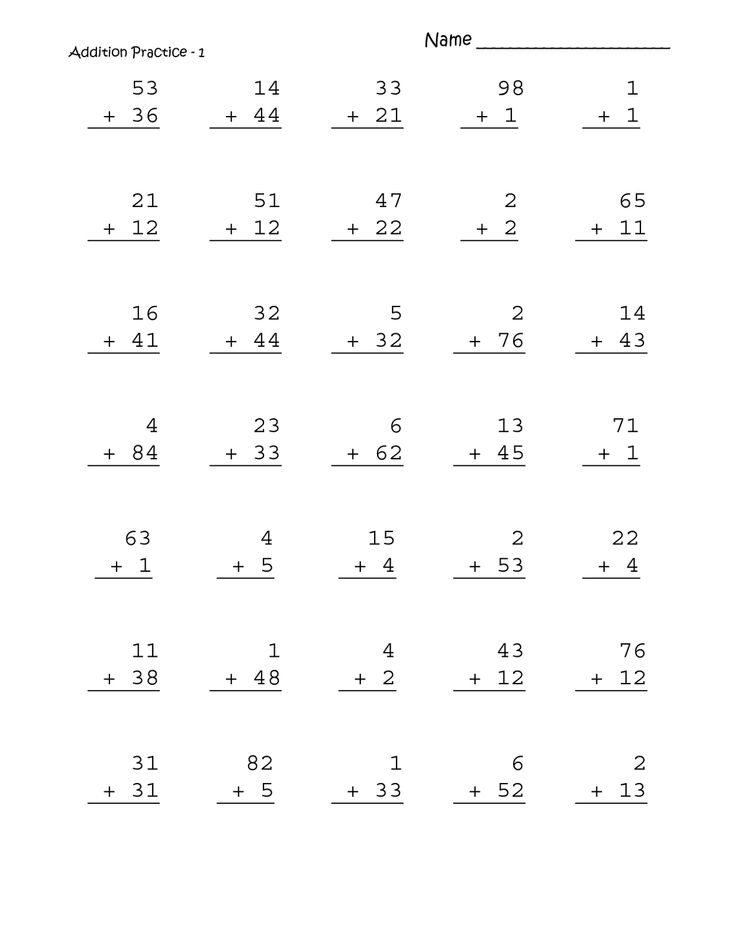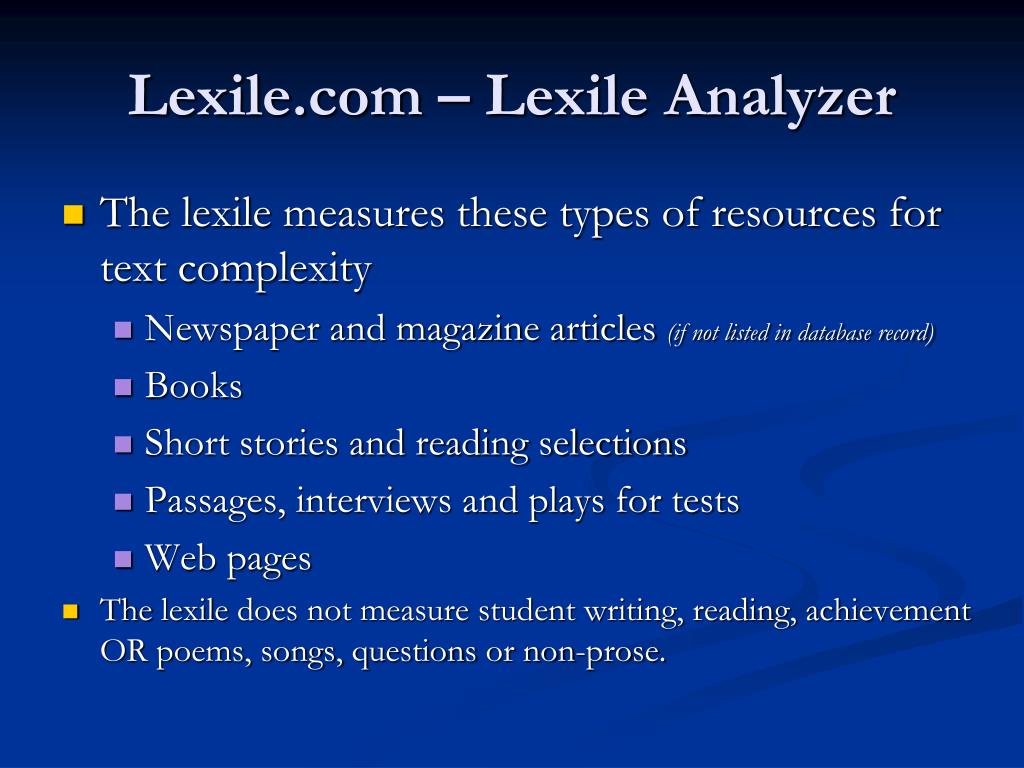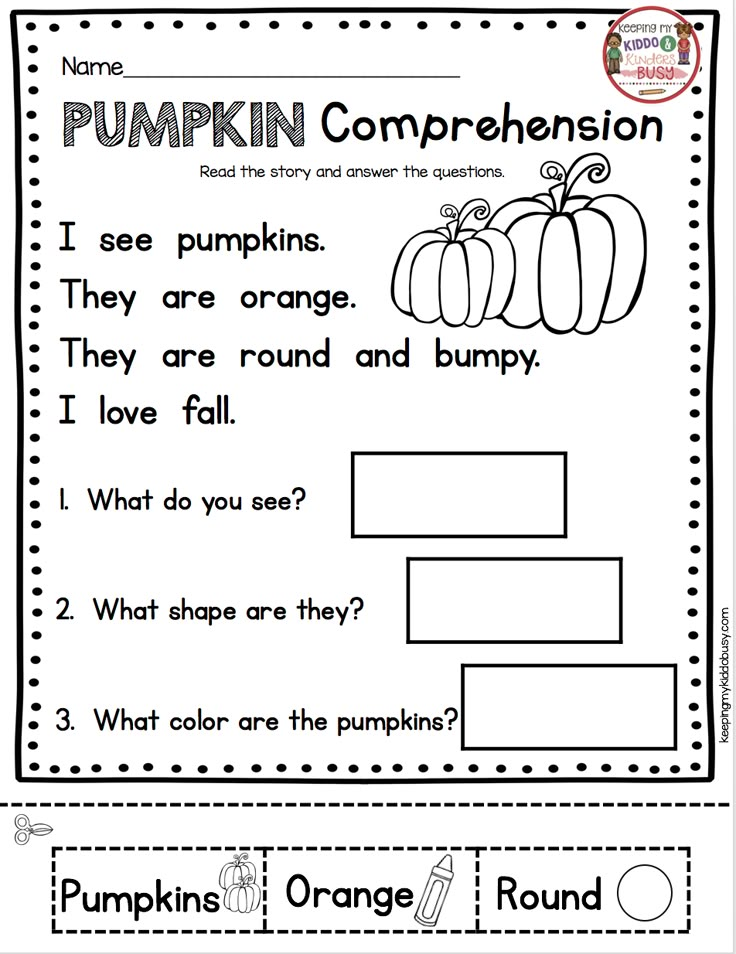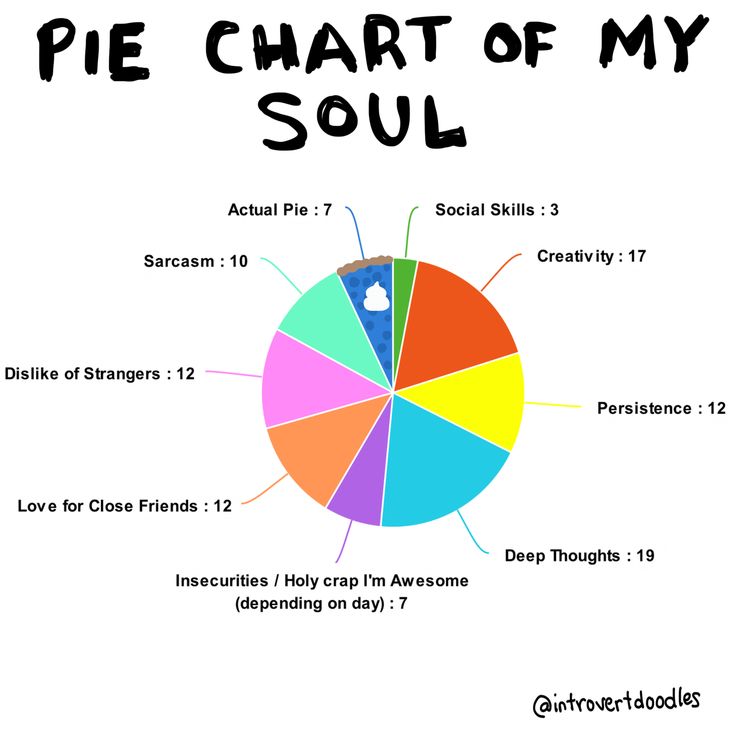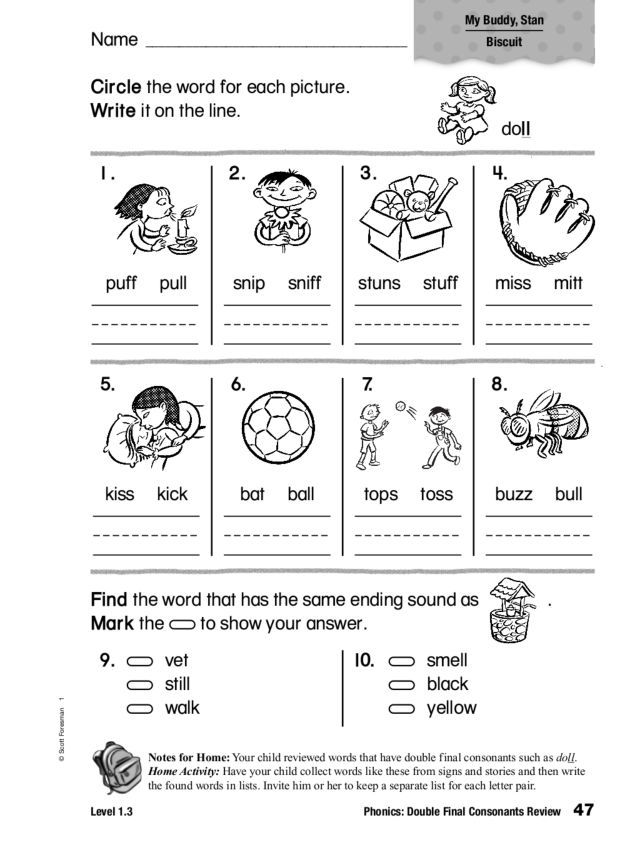Doubling of consonants
Doubling the final consonant before adding –ed or –ing
Ask the Editor
Question
When do you double the consonant at the end of a verb, before adding –ed or –ing? — Pasam G, Tanzania
Answer
SPELLING RULES FOR VERBS WITH -ING AND -ED ENDINGS
When a verb ends in a consonant, sometimes the consonant is doubled before adding the –ed or –ing ending, like this:
stop --> stopped, stopping
- Lucy stopped the car.
- Why was Lucy stopping the car?
And sometimes the final consonant is not doubled, like this:
shift --> shifted, shifting
- Sandy shifted the gears.
- Sandy was shifting the gears too much.
To know when to double the final consonant, follow the rules below.
RULES
- In a word with 1 syllable, double the final consonant ONLY if the word ends in 1 vowel + 1 consonant.
- In a word with 2 or more syllables, double the final consonant ONLY if the word ends in 1 vowel + 1 consonant AND the final syllable is stressed.
- At the end of a word, don’t count w, x, or y as a consonant.
APPLYING THE RULES
These verbs get a doubled final consonant:
- tip / He tipped the waiter. /He isn't tipping the waiter.
- cram / The students crammed for the test. /The students were cramming for the test.
- regret / Carl regretted the things he had said. /Carl was regretting the things he had said.
These verbs do not get a doubled final consonant:
- vote --> voted, voting (vote ends in a vowel)
- instruct --> instructed, instructing (instruct ends in 2 consonants)
- listen --> listened, listening (listen has 2 syllables and the final syllable is not stressed)
Archive
Select month.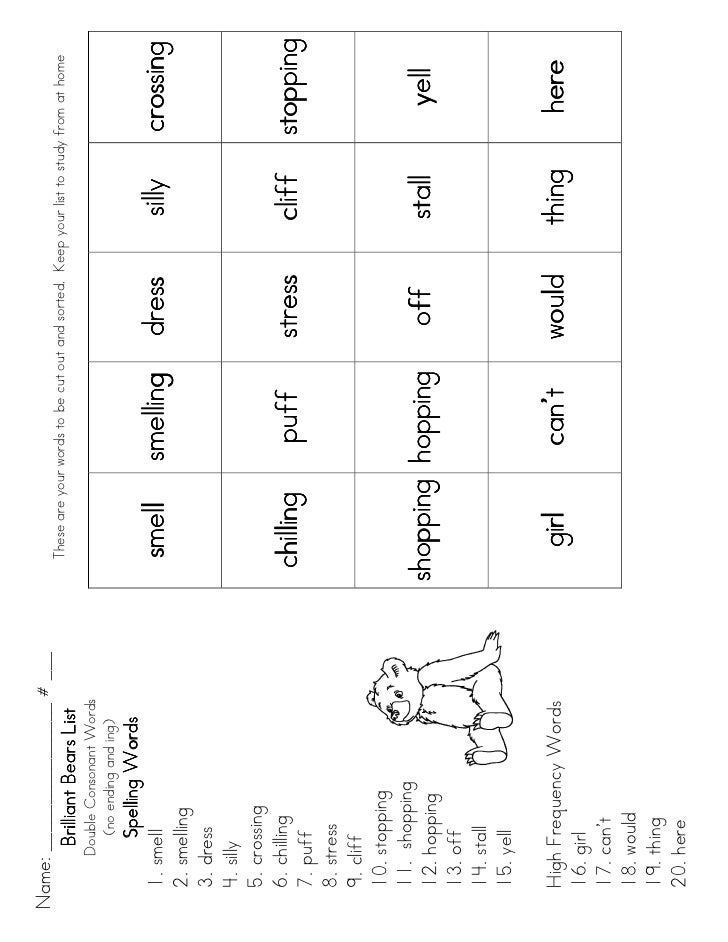 ..February 2022January 2022December 2021November 2021October 2021September 2021August 2021July 2021June 2021May 2021April 2021March 2021February 2021January 2021December 2020November 2020October 2020September 2020August 2020July 2020June 2020May 2020April 2020March 2020February 2020January 2020December 2019November 2019October 2019September 2019August 2019May 2019April 2019March 2019February 2019January 2019December 2018November 2018October 2018September 2018August 2018July 2018June 2018May 2018April 2018March 2018February 2018January 2018December 2017November 2017October 2017September 2017August 2017July 2017June 2017May 2017April 2017March 2017February 2017January 2017December 2016November 2016October 2016September 2016August 2016July 2016June 2016May 2016April 2016March 2016February 2016January 2016December 2015November 2015October 2015September 2015August 2015July 2015June 2015May 2015April 2015March 2015February 2015January 2015December 2014November 2014October 2014September 2014August 2014July 2014June 2014May 2014April 2014March 2014February 2014January 2014December 2013November 2013October 2013September 2013August 2013July 2013June 2013May 2013April 2013March 2013February 2013January 2013December 2012November 2012October 2012September 2012August 2012July 2012June 2012May 2012April 2012March 2012February 2012January 2012December 2011November 2011October 2011September 2011August 2011July 2011June 2011May 2011April 2011March 2011February 2011January 2011December 2010November 2010October 2010September 2010August 2010July 2010June 2010May 2010April 2010March 2010February 2010January 2010December 2009November 2009October 2009September 2009August 2009July 2009June 2009May 2009April 2009March 2009February 2009January 2009December 2008November 2008October 2008September 2008
..February 2022January 2022December 2021November 2021October 2021September 2021August 2021July 2021June 2021May 2021April 2021March 2021February 2021January 2021December 2020November 2020October 2020September 2020August 2020July 2020June 2020May 2020April 2020March 2020February 2020January 2020December 2019November 2019October 2019September 2019August 2019May 2019April 2019March 2019February 2019January 2019December 2018November 2018October 2018September 2018August 2018July 2018June 2018May 2018April 2018March 2018February 2018January 2018December 2017November 2017October 2017September 2017August 2017July 2017June 2017May 2017April 2017March 2017February 2017January 2017December 2016November 2016October 2016September 2016August 2016July 2016June 2016May 2016April 2016March 2016February 2016January 2016December 2015November 2015October 2015September 2015August 2015July 2015June 2015May 2015April 2015March 2015February 2015January 2015December 2014November 2014October 2014September 2014August 2014July 2014June 2014May 2014April 2014March 2014February 2014January 2014December 2013November 2013October 2013September 2013August 2013July 2013June 2013May 2013April 2013March 2013February 2013January 2013December 2012November 2012October 2012September 2012August 2012July 2012June 2012May 2012April 2012March 2012February 2012January 2012December 2011November 2011October 2011September 2011August 2011July 2011June 2011May 2011April 2011March 2011February 2011January 2011December 2010November 2010October 2010September 2010August 2010July 2010June 2010May 2010April 2010March 2010February 2010January 2010December 2009November 2009October 2009September 2009August 2009July 2009June 2009May 2009April 2009March 2009February 2009January 2009December 2008November 2008October 2008September 2008
You can read more articles in the archive.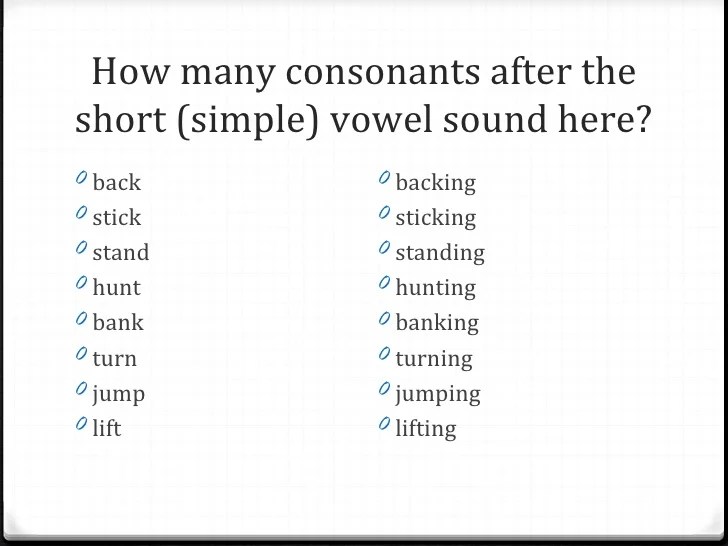
Spelling rules: doubling up
There are so many spelling rules and it can be difficult to remember them all when you are learning English (and even if you do remember the rule, sometimes it doesn’t always apply, for instance the ‘I before E rule’). However, the doubling rule, or the 1-1-1 rule works in every instance.
The spelling rule
The spelling rule is: if the word has 1 syllable (a word with one vowel sound), 1 vowel and it ends in 1 consonant, you double the final consonant before you add ‘ing’, ‘ed’, ‘er’, ‘est’ (also known as a suffixal vowel). You don’t double the consonant if the word ends in ‘tion’ (also known as a suffixal consonant).
So, if the word has:
- 1 syllable
- 1 vowel
- 1 consonant, which follows the vowel
You double up the last consonant, to make a suffixal vowel (running/ runner, jogging, stopping/stopped).
For example: The word ‘run’
- It has 1 syllable
- It has 1 vowel – ‘u’
- And it has 1 consonant that follows the vowel – ‘n’
In this instance, you double the last consonant to make the word ‘running’.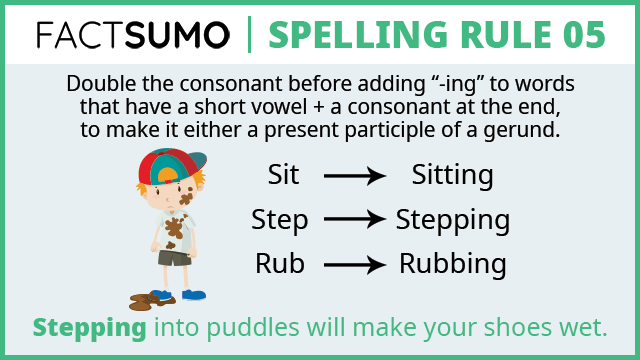
More examples:
- Run = Running
- Stop = Stopping/Stopped
- Big = Bigger
- Quiz = Quizzes
- Fat = Fatter/ Fattest
Words that have more than one consonant after the vowel don’t double, e.g. ‘lift’ has two consonants ‘f’ and ‘t’, so you don’t double the last consonant, instead you just add the suffixal vowel: ‘lifting’.
For words that have a long ‘e’ vowel on the end, for example grade, slide, hate, you drop the ‘e’ before adding ‘ing’ or ‘ed’, without doubling the last consonant. E.g. Grade becomes ‘grading’ or ‘graded’.
Words with more than one syllable
The doubling rule can also be used for words with more than one syllable, however these words must end in a single consonant and the primary stress must be on the final syllable.
So, if the word has:
- More than 1 syllable
- Ends in 1 consonant
- The final consonant follows a vowel, and that vowel is bearing primary stress
You double up the last consonant, to make a suffixal vowel.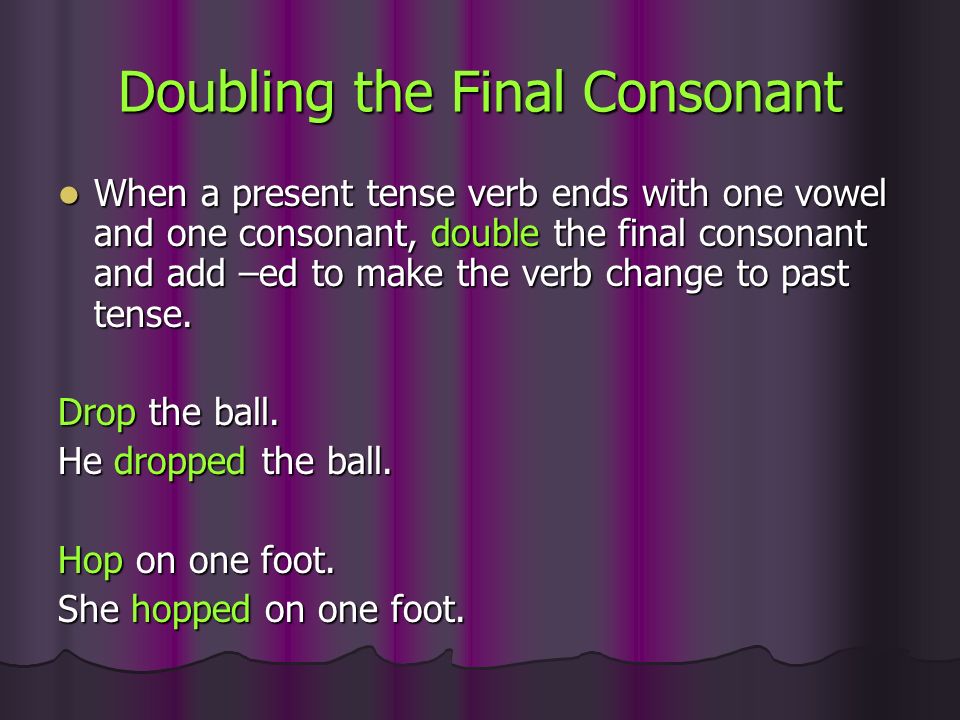 Just like with a single syllable word, you don’t double the last consonant for a suffixal consonant.
Just like with a single syllable word, you don’t double the last consonant for a suffixal consonant.
For example: The word ‘begin’
- It has more than 1 syllable (2 syallables – be-gin)
- It has 1 vowel that bears the primary stress – ‘i’
- And it has 1 consonant that follows the primary stress bearing vowel, in this instance – ‘n’
In this instance, you double the last consonant to make the word ‘beginning’.
More examples:
- Control = Controlling/Controlled
- Regret = Regretting/Regretted
However, if the primary stress is not on the last syllable then you do not double the consonant. E.g. ‘open’ becomes ‘opening’.
Double Consonants - Word Spelling, Rule (Grade 4, Russian)
4.1
Average score: 4.1
Total score: 473.
4.1
Total Average score: 4.1
9000 Words with double consonants are quite common in Russian - they can be both borrowings and native Russian words.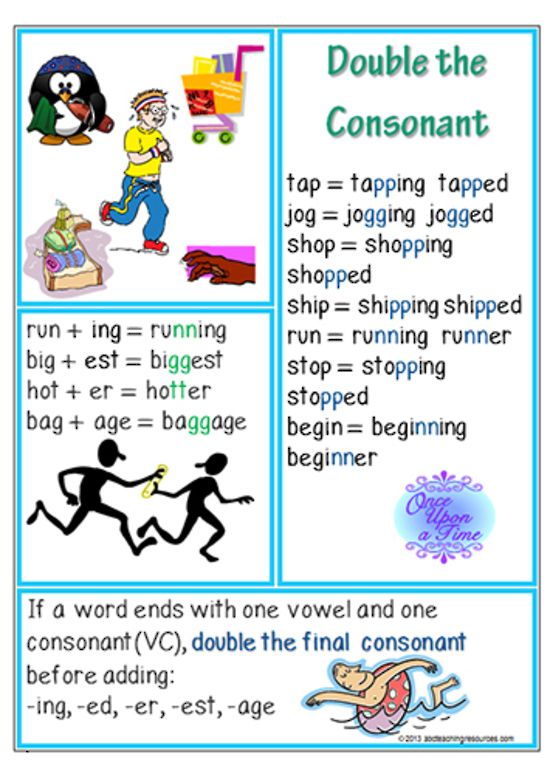 The double consonant is used not only at the root, but also at the junction of morphemes. There are certain spelling rules that govern the use of doubled consonants. These rules are taught in 4th grade.
The double consonant is used not only at the root, but also at the junction of morphemes. There are certain spelling rules that govern the use of doubled consonants. These rules are taught in 4th grade.
Double consonants in the roots of native Russian words
In such words, only two consonants can be doubled - these are s and zh, that is, in the root you can find only two combinations - ss and zhzh, while there are quite a few such words.
So, with doubles in the word quarrel and its derivatives, as well as in the names of the states of Russia and Belarus and those that originated from them.
Double w is used in words such as reins, yeast, juniper, buzz and words (word forms) that are formed from them.
Despite the fact that the verb to burn is written with one j, in many words derived from it this letter is doubled - burning, burning, and so on.
Double consonants in the roots of loanwords
In such lexical units, double consonants are most common, and absolutely any letter can be doubled.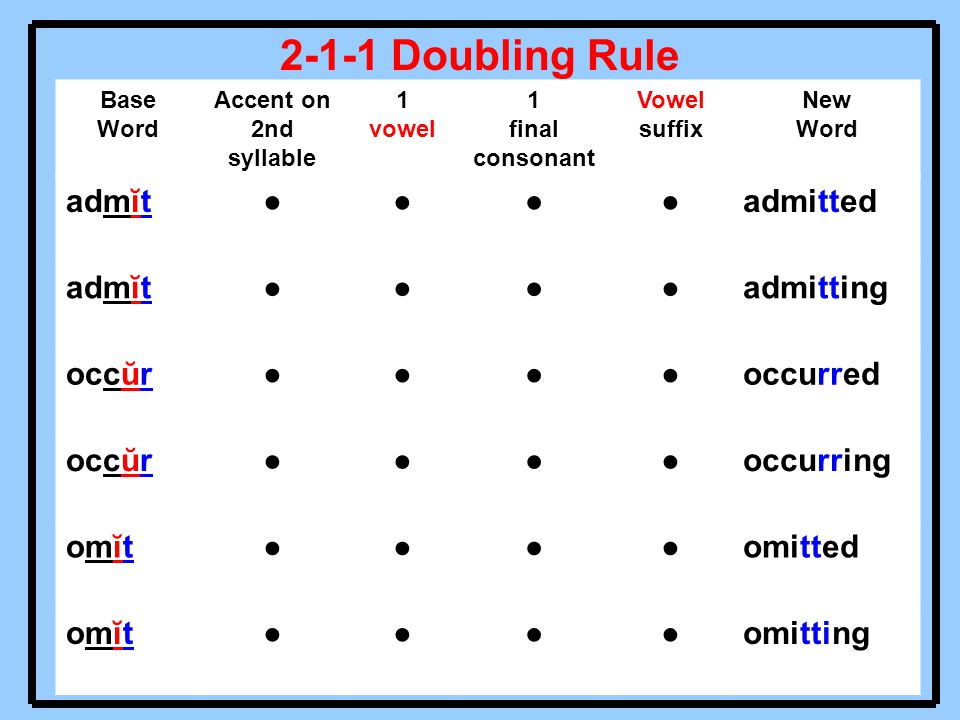 In this case, it is impossible to pick up any rule, the spelling of such words will simply have to be remembered. Like other words with unchecked spellings, these are classified as dictionary words, meaning that if in doubt, the spelling can be checked in a dictionary. Certificate, ballad, illusion - all these are borrowed words in which consonants were doubled initially.
In this case, it is impossible to pick up any rule, the spelling of such words will simply have to be remembered. Like other words with unchecked spellings, these are classified as dictionary words, meaning that if in doubt, the spelling can be checked in a dictionary. Certificate, ballad, illusion - all these are borrowed words in which consonants were doubled initially.
Doubled consonants at the junction of morphemes
Such cases in Russian are not uncommon - for example, when the prefix ends with a consonant, and the root begins with it, and these consonants are the same: bes+disputable=indisputable, etc.
Difficulties often arise in such cases. For example, if a word is formed from the root account, to which the prefix ras is added, then it is written with double s, but it is important not to confuse with words formed with the same prefix, but from a different root - even.
Also in Russian there are many suffixes with a doubled consonant, and doubling may occur at the junction of the root and the suffix.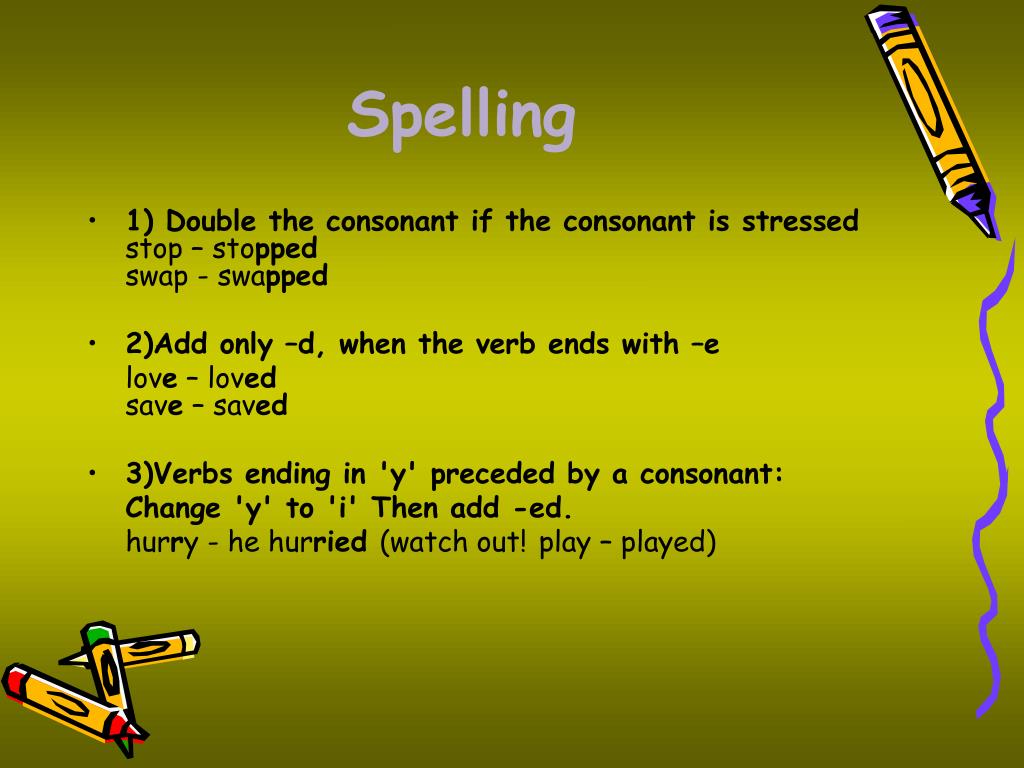 Here is an example of the latter case: sailor + sk - sailor .
Here is an example of the latter case: sailor + sk - sailor .
Complex cases of consonant doubling
Moreover, if he speaks of words that are formed by the method of reduction, then if the first base has a double consonant, it is cut off, as, for example, in the word gramophone record.
If a word with a diminutive value is formed from a word with double consonants, the doubling is retained: group - group and so on. Also, double consonants before the suffix are usually preserved in other cases: compromise - compromise , although there are exceptions: crystal, but crystal .
As for proper names with a double consonant, the diminutive nicknames formed from them are always written with one: Anna - Anka, Alla - Alka and so on.
What have we learned?
There are a lot of words in Russian with a double consonant. These may also be native Russian words and borrowings, but it is the latter that account for the majority of such words.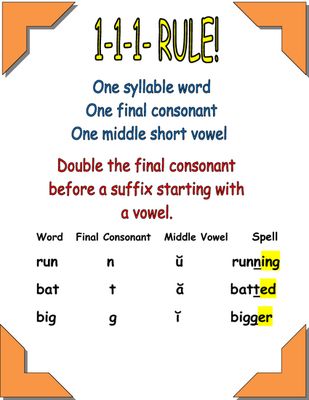 As for the lexemes of native Russians, if we talk about the root of the word, only two consonants can be doubled in them - these are s and zh. In borrowings, any consonants can be doubled. There are no rules for checking the spelling of such words, they must be remembered. The doubling of a consonant can also occur at the junction of morphemes - a root and a prefix or a root and a suffix. There are also suffixes with a double consonant. There are also some tricky cases of doubled letters that you should pay attention to.
As for the lexemes of native Russians, if we talk about the root of the word, only two consonants can be doubled in them - these are s and zh. In borrowings, any consonants can be doubled. There are no rules for checking the spelling of such words, they must be remembered. The doubling of a consonant can also occur at the junction of morphemes - a root and a prefix or a root and a suffix. There are also suffixes with a double consonant. There are also some tricky cases of doubled letters that you should pay attention to.
Subject test
Hall of Honor
To get here - pass the test.
Article score
4.1
Average score: 4.1
Total score: 473.
What is your score?
37 simple words with double consonants (or not), in which even literate people make mistakes
There are two problems with double consonants: we either double them where we don’t need to, or we completely forget to do it.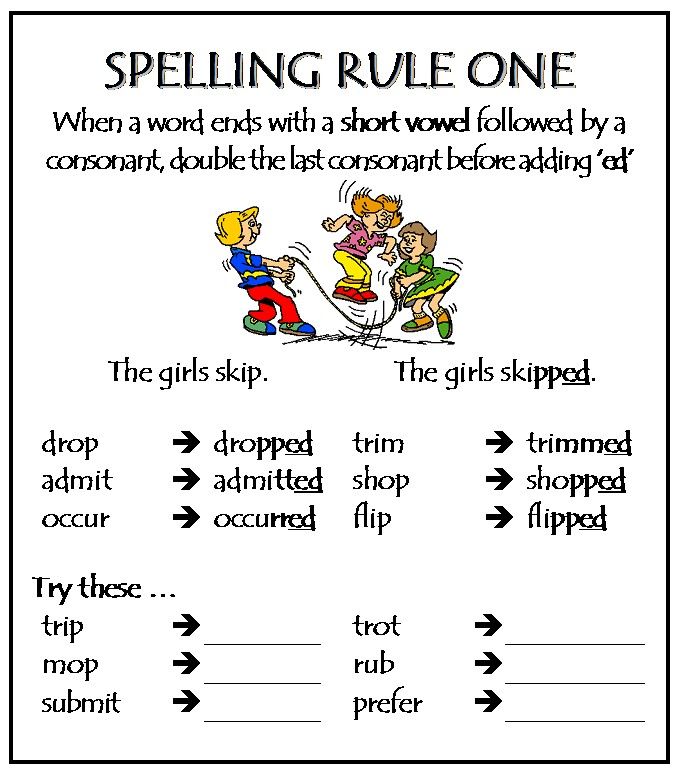 It's hard to figure out which is which. Only if you don't have super memory. Gallery or gallery, cappuccino or cappuccino, banner or banner - now you will learn how to write these insidious words.
It's hard to figure out which is which. Only if you don't have super memory. Gallery or gallery, cappuccino or cappuccino, banner or banner - now you will learn how to write these insidious words.
Correct: x number
An adjective that was born from one letter. Literally! "Ennoe" comes from the Latin N (en!), Means "some, some, indefinite." For example, nth amount of time, nth amount, nth number. And it is always written with two "H".
Correct: art gallery
Mindfulness test. We decided to complicate and give a couple of words at once - with errors in each. Let's start with the gallery. In French, "gallery" is written with one "l" (galerie), in Italian and English - with two (galleria and gallery). Try to figure it out! The word came to us from France. Therefore, in the Russian language, "gallery", despite the intrigues of the Italians and the British, took root with one letter "L".
As for "art", this is a classic dictionary word: the root of "arts" and a modest ending in the form of the letter "O".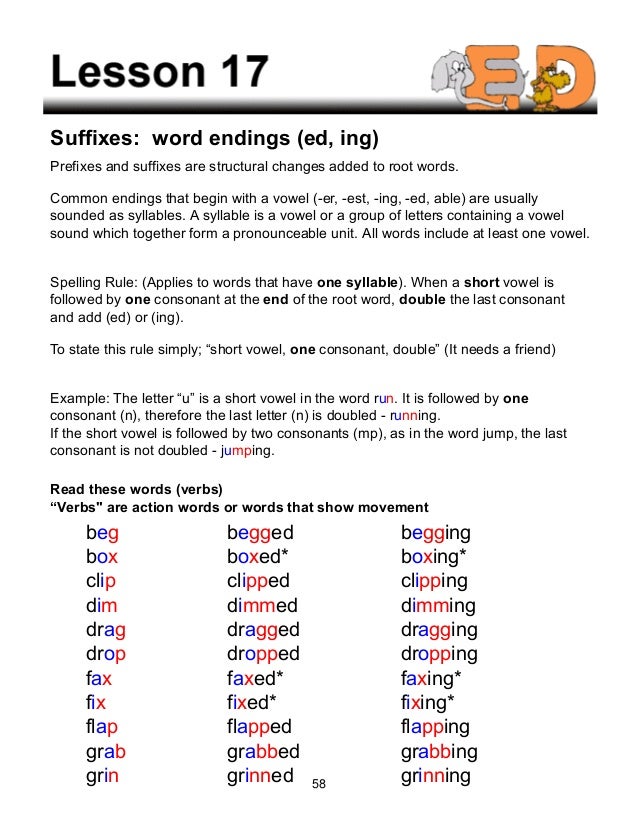 It is impossible to check, all hope is in memory. And do not confuse "art" with the adjective "skillful" - in modern Russian, these words are not considered to have the same root. Therefore, the number of consonants is different.
It is impossible to check, all hope is in memory. And do not confuse "art" with the adjective "skillful" - in modern Russian, these words are not considered to have the same root. Therefore, the number of consonants is different.
Correct: cappuccino, glaze
The pain of coffee lovers. The coffee drink "glace" with a scoop of ice cream on top came to us from the French language (glace), where there are no doublings. With fellow "cappuccino", a native of Italy (cappuccino), everything is not so simple. The Italians not only rewarded him with luxurious milk foam, but also generously sprinkled him with consonants that did not reach the Russian language. Well, if you are a latte lover - continue to quietly double the "T". In this word it is possible.
Correct: hummus
You come to a trendy place, and “hummus”, an oriental snack, aggressively jumps out at you from the menu. The dish is based on chickpea paste with the addition of sesame seeds.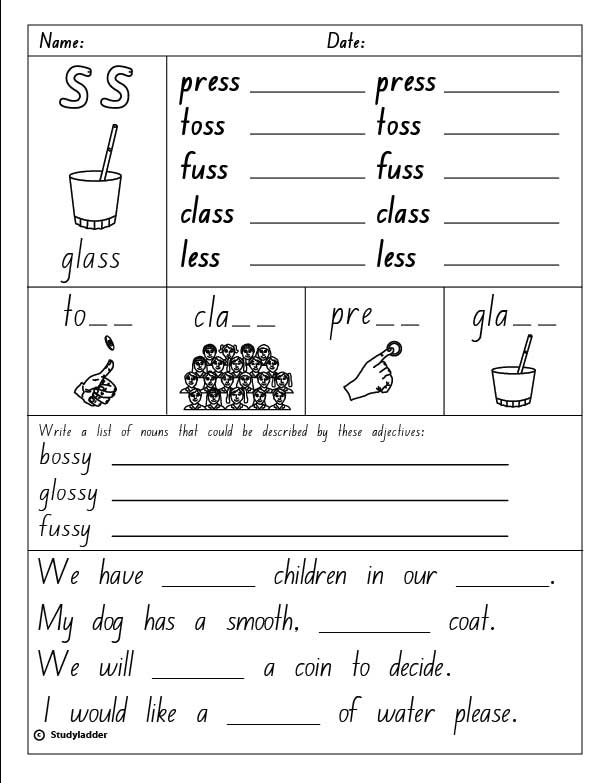 In general, it is delicious, if you do not pay attention to the mistake that the English equivalent of hummus provokes. In Russian, doubling did not take root.
In general, it is delicious, if you do not pay attention to the mistake that the English equivalent of hummus provokes. In Russian, doubling did not take root.
Correct: zucchini
Zucchini is a variety of zucchini, only usually smaller in size, and its skin is darker. Both of these "guys" belong to the gourd family, and there are no double consonants in their name, even if the original language (from Italian zucchini) is misleading.
Correct: ice cream, cake
"Ice cream" is not only the best dessert at any time of the year, but also a noun formed from the imperfective verb "freeze". According to the rules, in such cases, the consonant is not doubled. A double "H" appears if the verb "freeze" turns into an adjective with dependent words or into a participle. For example, "frozen dessert".
There is another problem with "cake". For some reason, many people think that this is the twin of "ice cream", and they write it the same way - "cake" (395,000 results on Google).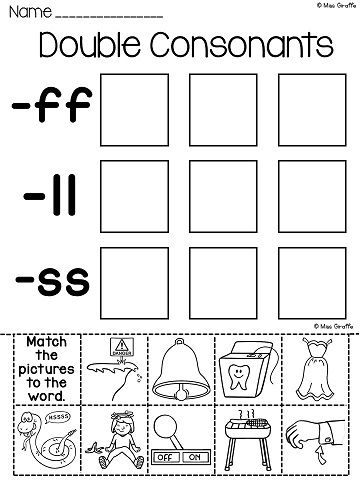 In fact, the word is formed from the adjective "cake", and then, in turn, from the noun "pie". There is no letter "e" in the base and cannot be.
In fact, the word is formed from the adjective "cake", and then, in turn, from the noun "pie". There is no letter "e" in the base and cannot be.
Correct: metal, aluminum
Heavy metals on the horizon. Or metals? The conversation turns to the direction in music - we write "metal". You express your attitude to substances and alloys - we write "metal". The noun comes from the Latin metallum ("mine", "mine") and refers to dictionary words. Aluminum is one of the metals, chemical elements. If you remember the periodic table, then there he is known under the code name Al. It comes from the Latin word alumen, it is considered a dictionary word, so you just need to memorize it too.
Correct: appeal
In the Mela world, an appeal is a challenge to exam results. It will be correct to appeal with two "L" (and without prepositions between the verb and the noun). If you need to say that we are applying for something specific, then the pretext “on” appears: to file an appeal against the result of the Unified State Examination in English.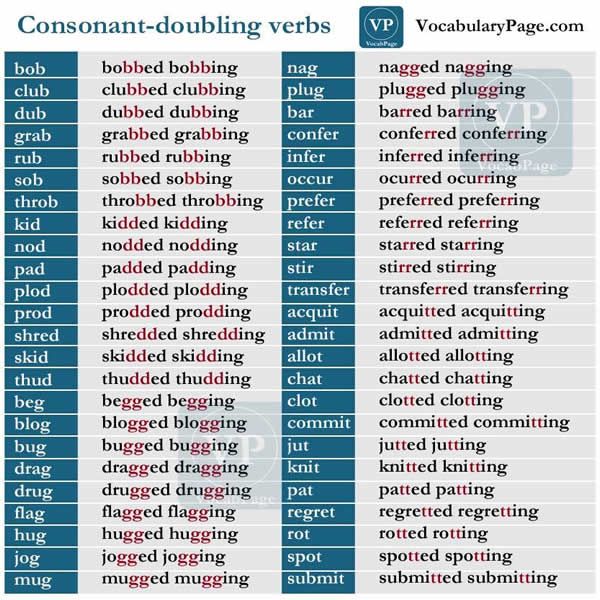
Correct: alligator, hippopotamus
Creepy animals, but if you suddenly have to write, you should be prepared. An alligator (from the English alligator) is a type of crocodiles that are mainly found in America and South China. Hippopotamus (from Greek hippopotámios) is a synonym for hippopotamus. So do not try to say for the sake of a beautiful word - it's still the same thing.
Correct: dealer
A dealer can be confused with a killer. Well, yes: both refer to borrowed words, and the spelling rules are determined by the dictionary. Nothing more in common. With the word "dealer", everything is clear in principle: it came from the English word dealer, in translation it means "trader". No double consonants. And don't think too much!
Correct: terrorist attack
The word “terrorist attack” is an abbreviation for the phrase “terrorist act”. Only, unlike the nouns "terrorism" or "terror", double consonants are not needed in it.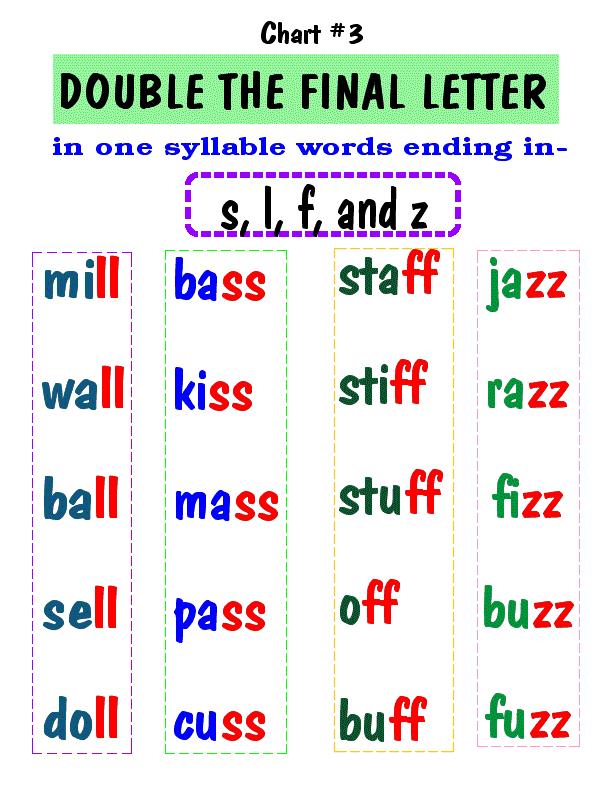 According to the rules, when abbreviating words containing a double consonant, only one is preserved - in our case, the letter "P". More examples: special correspondent (special correspondent), grupkom (group committee).
According to the rules, when abbreviating words containing a double consonant, only one is preserved - in our case, the letter "P". More examples: special correspondent (special correspondent), grupkom (group committee).
Correct: terrace
The word "terrace" is of French origin, where it has two pairs of doubled consonants at once - terrasse. Only the double "R" reached the Russian language. Although there is an opinion among sofa experts that “terrace” and “terrace” are equal options. But you don't believe them.
Correct: asymmetry
An interesting Google statistic: there are 496,000 results for the query "asymmetry" with two C's. And this is a mistake. Fortunately, there are more results for the competent query "asymmetry" with two "M": more than two million. At the same time, remember the difference between the paired words symmetry and asymmetry - this is not only a negative prefix "a", but also an accent.
Correct: shopping
Few people go shopping today.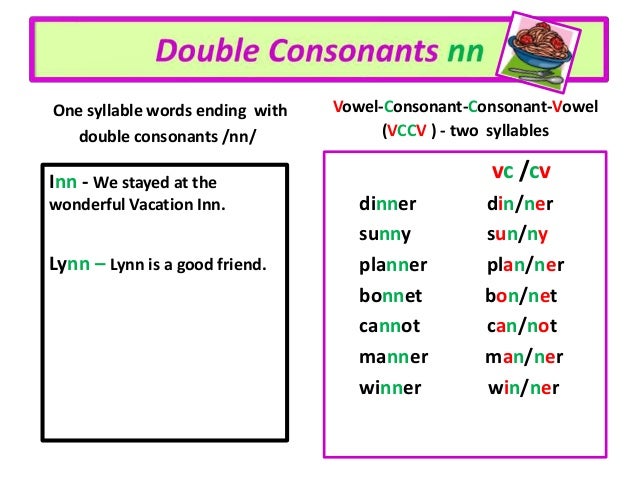 Everyone is shopping! In English, the word is written with a double consonant - shopping. Here it is important to remember the spelling rule for foreign words: if there is a single-root word, then we write with one consonant. We check with the word "shop" (for example: shop tour).
Everyone is shopping! In English, the word is written with a double consonant - shopping. Here it is important to remember the spelling rule for foreign words: if there is a single-root word, then we write with one consonant. We check with the word "shop" (for example: shop tour).
Correct: offshore, traffic
The Russian language is ruthless to all anglicisms that try to impose a double consonant on it. Traffic, office, offline, offshore - for the Russian language, the loss of a consonant is typical for borrowings. Although in some places the outdated spelling with two “Ф” is still common (you can ask Google - it will confirm), the modern spelling norm is traffic, office, offline, offshore.
Correct: Shrovetide
The name of the winter pancake holiday Shrovetide is written with one “n”, since it is formed from the adjective “oily” with the suffix “-en”. And now the trick: if you add a prefix to "buttered", the number of "n" doubles sharply: oiled, oiled, oiled.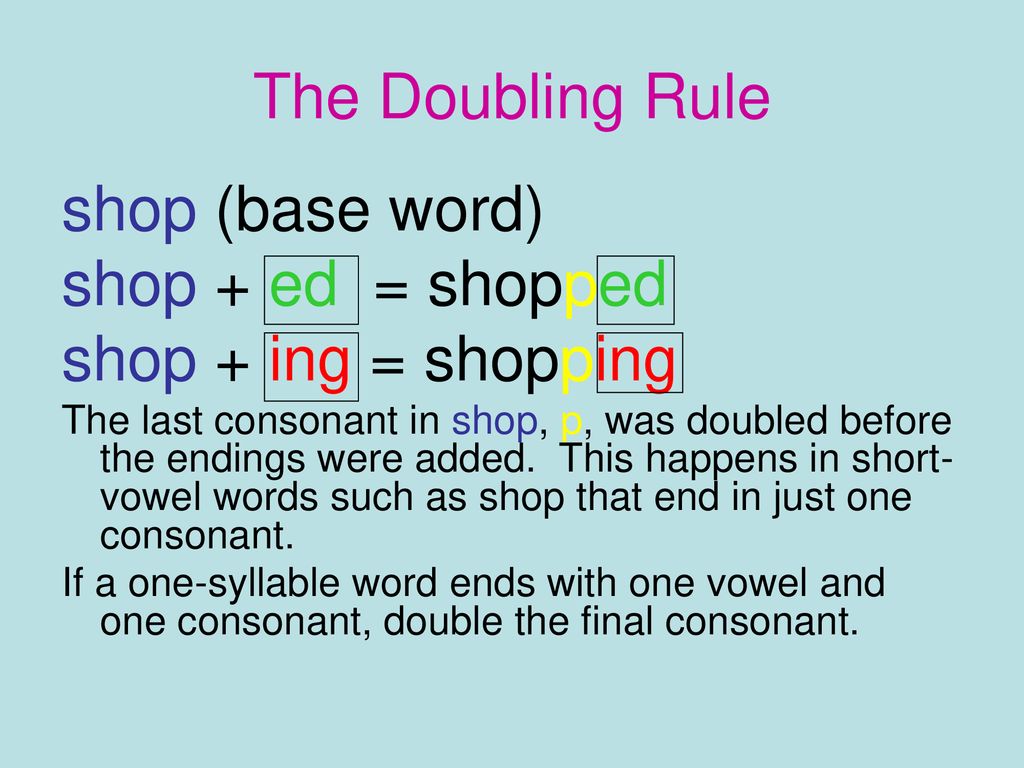 It's called word formation, folks!
It's called word formation, folks!
Correct: birthday girl
Birthday is a sad holiday (especially when you are congratulated “happy birthday”). In order not to make a mistake in writing the words "birthday boy" and "birthday girl", you need to at least mentally do a morphemic analysis of the word (the second time came in handy!). The root is "im", the interfix is "en", the suffix is "in", another suffix is "nits" and the ending is "a". At the junction of two suffixes we write a double "n".
Correct: a blogger on Instagram
Everyone was mistaken in this word when the first bloggers appeared en masse in Runet. Times have changed, and Mel's blogs have changed LiveJournal. Foreign words are characterized by doubling the root consonant before the suffix — blog => blogger. In Russian, the practice is different, and doublings are not saved - blog => blogger. Social networks have been written about many times. See how their names are spelled in the original: Instagram, Telegram - do you see the doubling? This means that they are not needed in the Russian analogue either.
Correct: bulletin
French words are the most tongue-tied, they are written too intricately in Russian. Here, for example, a voting sheet with the names of candidates is a ballot (from the French bulletin). It is impossible to check the word in the best traditions of dictionary words, so we just remember.
Correct: grammar
Literacy and grammar are distant relatives. Words differ in spelling and meaning, but at the same time they have very similar origins. Literacy (from Greek grammata) means the ability to read and write. And grammar (from the Greek grammatike) is a set of rules about word formation, morphology and syntax of a language.
Correct: calories, fitness
Vocabulary familiar to gym goers and lovers of proper nutrition. Although even people who count calories automatically double the letter "L". Let's turn to etymology again: the word "calorie" came from the French language ("calorie") and more or less retained the original spelling.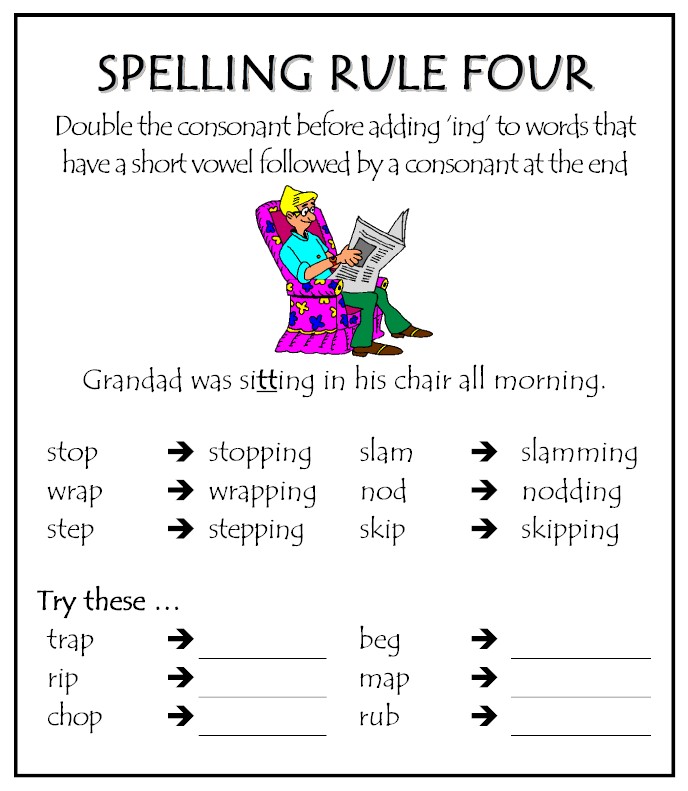 With "fitness" etymology does not help much: in the English word fitness there are really two "C" at the end, one of which was lost during the transition to the dictionaries of the great and mighty.
With "fitness" etymology does not help much: in the English word fitness there are really two "C" at the end, one of which was lost during the transition to the dictionaries of the great and mighty.
Correct: banner ads
They say that frequent Internet users, like you and me, have developed “banner blindness”. We do not see advertising banners on the sides, in the header or inside the texts on the site. Banner - anglicism (banner). This time, the Russian language did not fine anyone, and the double "H" was preserved.
Correct: length
That's right: long, but length. In order not to be mistaken, remember what part of speech is in front of you. If the noun is “length”, if you turn the noun into an adjective, add plus one “H” (“long”).
Correct: crystal clear
Usually, doublings are preserved in words that are formed from stems ending in two identical consonants. The program is program, the class is class, the score is a point system, the group is group. But there are unexpected exceptions to the rule: crystal - crystal, column - column, Finn - Finnish. If in doubt - do not be too lazy to check yourself in a dictionary (or google).
But there are unexpected exceptions to the rule: crystal - crystal, column - column, Finn - Finnish. If in doubt - do not be too lazy to check yourself in a dictionary (or google).
Correct: he acted confidently
Be more confident - write the word "confident" with two "H". According to the rule, double "H" is written in adverbs with "-O" and in nouns with suffixes in "-ik", "-its", "-ost", formed from adjectives, if they are also written with two "H". It sounds complicated, but with examples it should become easier: confident, confident, inadvertently, captive, pupil, excitement.
Correct: immunodeficiency
Compound word consisting of two parts: immunity and deficiency. All letters are preserved in their original form when connected. Immunodeficiency is a disease that manifests itself in the weakening or complete absence of immunity. So so story!
Correct: smoked sausage, dried fish
A couple of years ago, a subtle linguistic joke spread on the Internet:
“Look, we are frying potatoes.